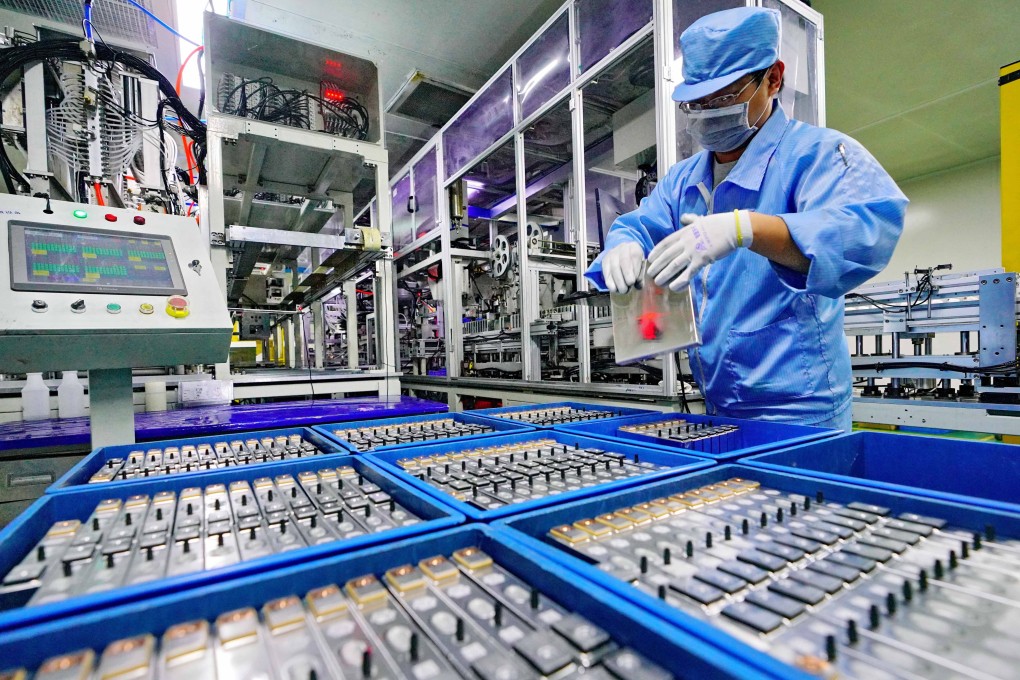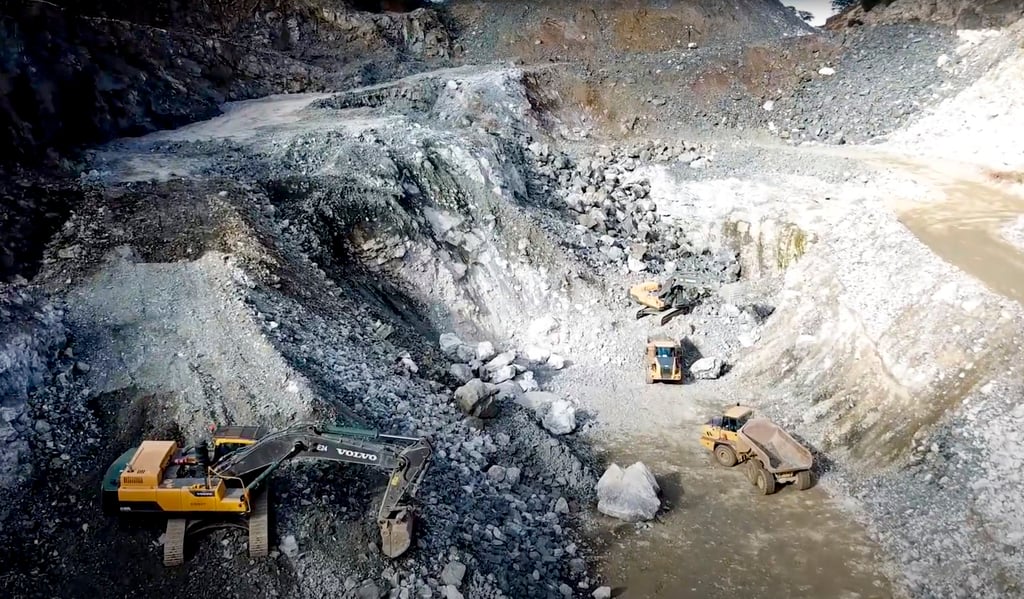Tianqi Lithium to offer Hong Kong IPO at top of price range, as improving sentiment offers hope for companies awaiting the ‘right moment’
- Tianqi Lithium will price its H-shares at HK$82 each, which will help the company raise HK$13.5 billion (US$1.7 billion)
- The stock, trading under the mnemonic 9696, will make its debut in Hong Kong on July 13

Tianqi Lithium will price its Hong Kong stock sale at the high end of a range, as improving market sentiments buoyed the city’s largest initial public offering (IPO) this year, auguring well for nearly 200 companies waiting in the pipeline to raise funds.
Each share of Asia’s second-largest lithium compound producer will be offered at HK$82, which will help Tianqi raise as much as HK$13.5 billion (US$1.7 billion), according to people familiar with the transaction. The stock, trading under the mnemonic 9696, will make its debut in Hong Kong on July 13.
There is an overallotment option to sell 24.6 million (389) more shares if there is strong demand, which could increase the total capital raised to almost US$2 billion if the option is fully exercised. Joint sponsors and joint global coordinators CICC, CMB International and Morgan Stanley were not available for comment.
